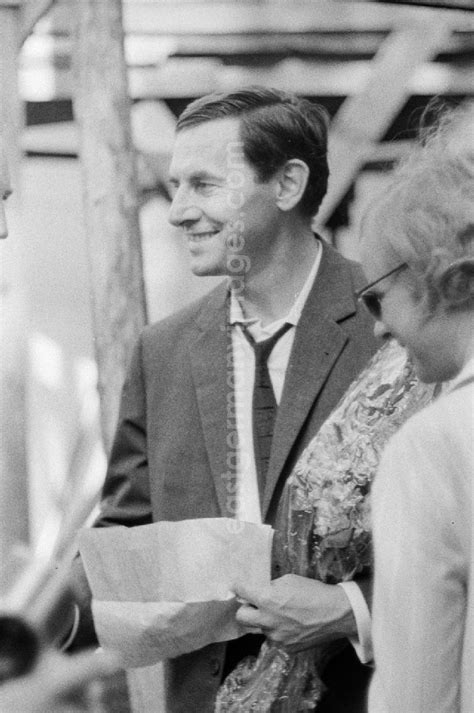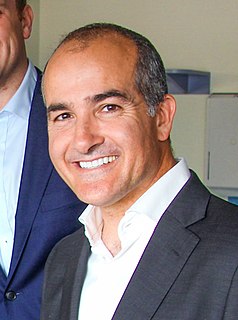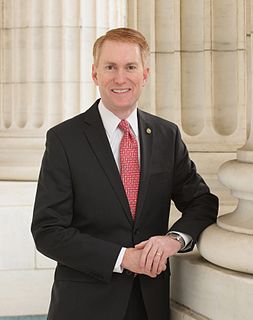A Quote by Horst Schulze
Leadership is creating an environment in which people want to be part of the organization and not just work for the organization. Leadership creates an environment that makes people want to, rather than have to, do.
Quote Topics
Related Quotes
Leadership is the name that people use to make sense out of complex events and the outcomes of events they otherwise would not be able to explain. In other words, people attribute leadership to certain individuals who are called leaders because people want to believe that leaders cause things to happen rather than have to explain causality by understanding complex social forces or analyzing the dynamic interaction among people, events, and environment.
I have participated as a leader in many organizations where the leadership culture was just mean - ugly, where competitiveness, and destructive relationships stymied progress. There should be healthy tension and candid debate, but leadership teams need to practice communication, relationship building, emotional intelligence, and be aligned around common purpose to achieve organizational success. Senior leaders, chief executive officers, others need to ensure they are fostering the right environment for leadership otherwise all of that ugliness will trickle through the organization.
Leadership exists when people are no longer victims of circumstances but participate in creating new circumstances. Leadership is about creating a domain in which human beings continually deepen their understanding of reality and become more capable of participating in the unfolding of the world. Ultimately, leadership is about creating new realities.
Truly human leadership protects an organization from the internal rivalries that can shatter a culture. When we have to protect ourselves from each other, the whole organization suffers. But when trust and cooperation thrive internally, we pull together and the organization grows stronger as a result.
People want leadership, Mr. President, and in the absence of genuine leadership, they'll listen to anyone who steps up to the microphone. They want leadership. They're so thirsty for it they'll crawl through the desert toward a mirage, and when they discover there's no water, they'll drink the sand.
You must develop a sense of what you can contribute that goes beyond 1 company or organization. A career path today will likely involve moving from organization to organization, creating a picture of rising circles, rather than a vertical ladder. In fact, a vertical rise within one organization will very likely move you away from your strongest areas of competence.
Leadership is much less about what you do, and much more about who you are. If you view leadership as a bag of manipulative tricks or charismatic behaviors to advance your own personal interest, then people have every right to be cynical. But if your leadership flows first and foremost from inner character and integrity of ambition, then you can justly ask people to lend themselves to your organization and its mission.
In any bureaucratic organization there will be two kinds of people: those who work to further the actual goals of the organization, and those who work for the organization itself. Examples in education would be teachers who work and sacrifice to teach children, vs. union representative who work to protect any teacher including the most incompetent. The Iron Law states that in all cases, the second type of person will always gain control of the organization, and will always write the rules under which the organization functions.


































